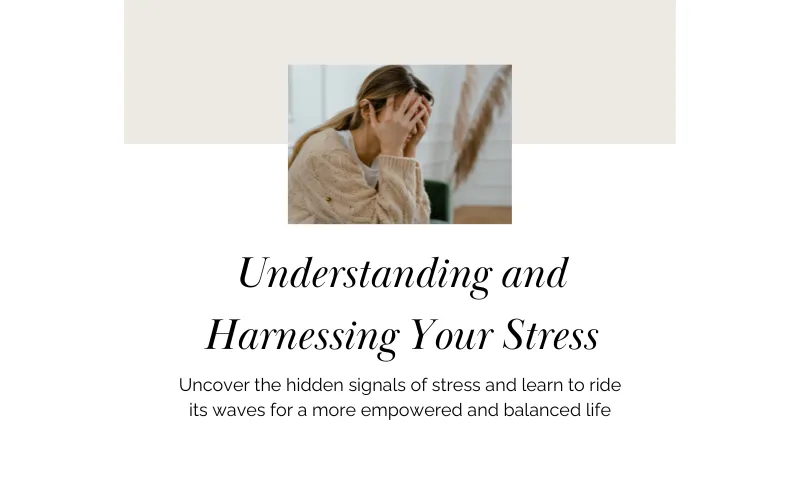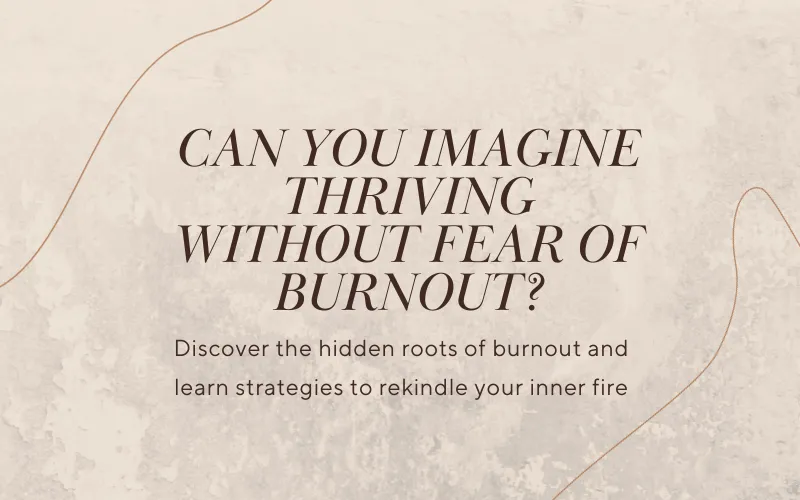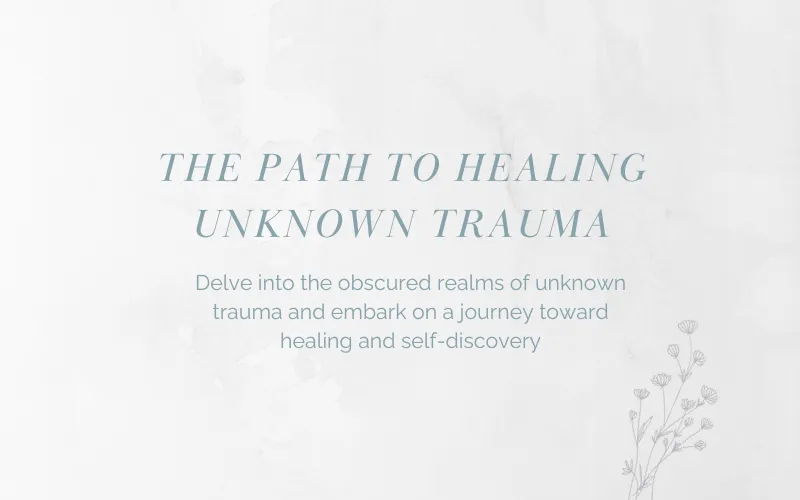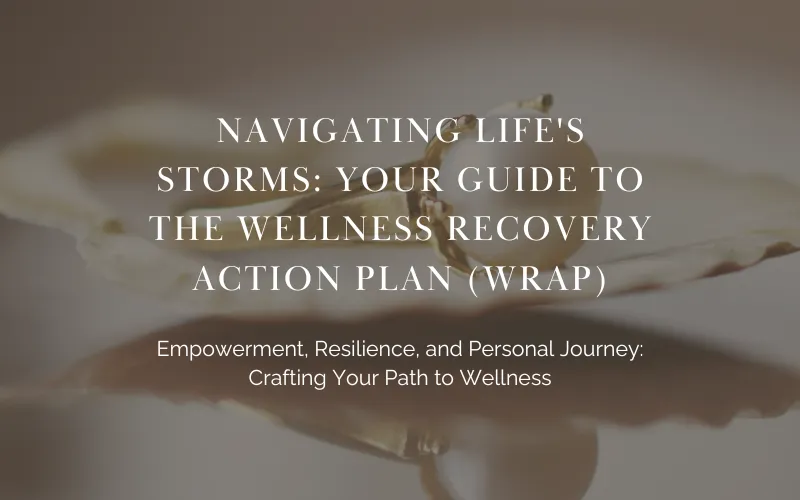Exploring the Consequences of Burnout on Helping Professions.

Uncover the hidden dynamics of burnout in helping professionals through transformative strategies for rejuvenation and sustained well-being.
Burnout is a pervasive issue that affects individuals in helping professions, such as healthcare workers, teachers, social workers, and therapists. It is characterized by a state of physical and emotional exhaustion, accompanied by feelings of cynicism and detachment from work. The symptoms of burnout can manifest in various ways, including chronic fatigue, irritability, decreased productivity, and a sense of hopelessness.
In helping professions, individuals often face high levels of chronic stress due to the demanding nature of their work. They may experience emotional strain from dealing with the suffering and trauma of others on a daily basis. This chronic stress can lead to mental and emotional suffering, contributing to the development of burnout.
Moreover, the role of human giver syndrome and overachievers cannot be overlooked when examining burnout in helping professions. Human giver syndrome refers to societal expectations placed on individuals in these fields to constantly give and care for others at the expense of their own well-being. Overachievers tend to have perfectionistic tendencies and place excessive pressure on themselves to excel in their roles. These factors can contribute to increased stress levels and ultimately lead to burnout.
Understanding the definition, symptoms, chronic stress levels, and the role of human giver syndrome and overachievers is crucial for recognizing and addressing burnout in helping professions. By acknowledging these factors, professionals can begin implementing strategies to cope with or prevent burnout altogether.
The Effects of 'Beyond Burnout
Concept of 'beyond burnout
Burnout is often thought of as a state of extreme exhaustion and disengagement from work. However, recent research suggests that burnout can extend beyond the traditional definition and have profound effects on individuals in helping professions.
Beyond burnout encompasses not only physical and emotional exhaustion but also a sense of disillusionment and loss of purpose in one's work. It goes beyond feeling tired or overwhelmed; it involves a deep-rooted sense of dissatisfaction and hopelessness. Individuals experiencing beyond burnout may question their career choice, lose motivation, and struggle to find meaning in their work.
The implications of beyond burnout are significant for professionals in helping fields. It can lead to decreased job satisfaction, reduced quality of care provided to clients or patients, and even increased rates of turnover. Beyond burnout can also impact personal relationships, as individuals may bring their feelings of frustration and disillusionment home with them.
Furthermore, the consequences of beyond burnout extend beyond the individual. When professionals in helping professions experience this level of burnout, it can have ripple effects throughout the entire system. It can contribute to an overall decline in the well-being and effectiveness of the workforce, ultimately impacting the individuals who rely on these services.
Recognizing the concept of beyond burnout is crucial for addressing its effects on individuals in helping professions. By understanding the broader scope and implications, steps can be taken to prevent and mitigate the impact of beyond burnout on both professionals and those they serve.
Chronic Stress and Mental/Emotional Suffering
Understanding chronic stress in helping professions
Helping professions are often associated with high levels of chronic stress. The demanding nature of the work, coupled with the emotional toll of caring for others, can lead to significant stressors for individuals in these fields.
One source of chronic stress in helping professions is the heavy workload and long hours. Professionals may find themselves constantly juggling multiple responsibilities and facing tight deadlines, which can create a constant sense of pressure and overwhelm. Additionally, the unpredictable nature of the work can contribute to heightened stress levels, as professionals must be prepared to handle emergencies or crises at any given moment.
The impact of chronic stress on individuals in helping professions goes beyond physical exhaustion. It takes a toll on their mental and emotional well-being as well. Professionals may experience feelings of anxiety, depression, or burnout due to the ongoing pressure they face. Witnessing the suffering and trauma of others can also lead to secondary trauma or compassion fatigue, further contributing to mental and emotional distress.
The mental and emotional suffering experienced by professionals in helping fields should not be underestimated. It is essential to recognize that these individuals are not immune to the challenges they help others navigate. Providing support and resources for managing chronic stress is crucial for promoting their well-being and ensuring they can continue to provide effective care.
Strategies for Coping with and Preventing Burnout
Coping mechanisms for burnout in helping professions
Managing and coping with burnout is crucial for the well-being of professionals in helping professions. Here are some effective strategies that can help individuals navigate and overcome burnout:
- Self-care practices: Engaging in self-care activities is essential for replenishing physical, mental, and emotional energy. This can include activities such as exercise, meditation, spending time in nature, or pursuing hobbies and interests outside of work.
- Setting boundaries: Establishing clear boundaries between work and personal life is vital for preventing burnout. Professionals should prioritize their own needs and learn to say no when necessary. Setting realistic expectations and delegating tasks can also help alleviate excessive workload.
- Seeking support: Building a strong support system is crucial for managing burnout. Professionals should reach out to colleagues, mentors, or therapists who can provide guidance, understanding, and a safe space to discuss challenges.
Preventive measures for burnout in helping professions
- Preventing burnout requires proactive measures that focus on maintaining overall well-being and work-life balance. Here are some preventive strategies:
- Work-life balance: Striving for a healthy work-life balance is essential for preventing burnout. Professionals should prioritize time for rest, relaxation, and engaging in activities outside of work that bring joy and fulfillment.
- Stress management techniques: Developing effective stress management techniques can help individuals cope with the demands of their profession. This may include practicing mindfulness or deep breathing exercises, engaging in regular exercise, or seeking therapy to develop healthy coping mechanisms.
- Professional development: Continuously investing in professional development can enhance job satisfaction and prevent burnout by fostering growth and learning opportunities within the field.
By implementing these coping mechanisms and preventive measures, professionals in helping professions can better manage stress levels, maintain their well-being, and continue to provide quality care to those they serve.
The Path Forward
In conclusion, burnout has a significant impact on individuals in helping professions. It goes beyond mere exhaustion and can lead to a sense of disillusionment and loss of purpose in one's work. Understanding the concept of 'beyond burnout' is crucial for addressing this issue effectively.
Professionals in helping fields often face chronic stress and mental/emotional suffering due to the demanding nature of their work. Factors such as human giver syndrome and overachievers contribute to the development of burnout.
To combat burnout, it is essential for professionals to implement coping strategies and preventive measures. This includes practicing self-care, setting boundaries, seeking support, maintaining work-life balance, and investing in professional development.
By prioritizing well-being and implementing these strategies, professionals can better navigate the challenges of their profession and continue providing quality care while safeguarding their own mental health.
Are you feeling the weight of burnout?
It's time to gain clarity on your current state and take proactive steps towards rejuvenation. Take our Burnout Quiz to understand where you stand and access valuable resources tailored for your journey towards vitality and balance. Beyond just identifying burnout, discover practical strategies and insights to rekindle your inner flame and thrive.
Take the Burnout Quiz and Move Beyond Burnout
References:
- "The Truth About Burnout: How Organizations Cause Personal Stress and What to Do About It" by Christina Maslach & Michael P. Leiter.
- "Burnout: The Secret to Unlocking the Stress Cycle" by Emily Nagoski & Amelia Nagoski.
- "Overcoming Burnout: Reclaim Your Passion for Life" by Dr. Eve Delunas.








